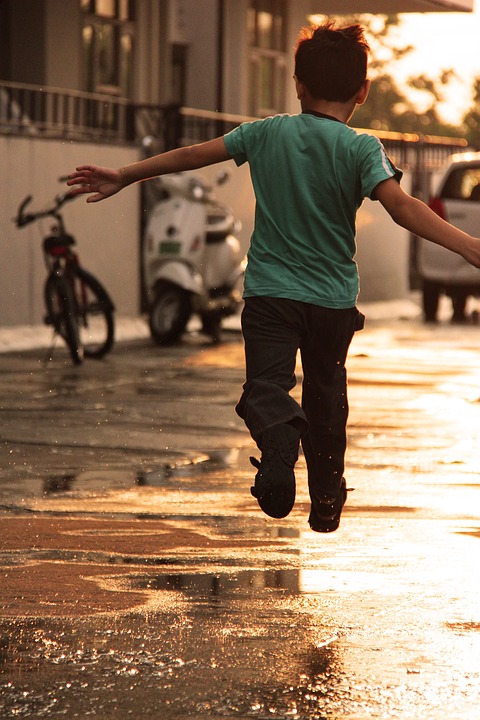
ADHD is a behavioral disorder present in about 10% of school-age children. Because parenting children with ADHD can be a challenge, it is important to know of five basic guidelines for doing so. These areas focus on the parental relationship; communication by physical mirroring; offering positive feedback; creating discipline and good boundaries; and promoting physical activity.
Five key strategies for parenting children with ADHD.
First the bond you create with your ADHD child is instrumental in cementing self-esteem and self-valuation. Make them feel important rather than ‘different’. Second, parents need to mirror the child, being aware that your physical communications will show him or her how you feel about their behavior. Third, show appreciation for your ADHD child’s accomplishments. Even small gestures of will evoke motivation and self-confidence. Fourth, arrange routine activities on a disciplined schedule, sketching out everything to create good boundaries and a feeling of security and stability. Children with ADHD will need higher than average structure and organization to succeed in life so it is best they get in this habit early. Fifth, it is absolutely vital to encourage your kid to exercise and engage in physical activities. Exercise is found to both stimulate the brain and ameliorate the feelings of anxiety, depression and frustration that are part of having ADHD.
Key Takeaways:
Do You Need help with a Learning Difficulty?
Our simple online analysis will help you get to the core of the problem and find the right solution for you.
Understanding how to help someone with a learning difficulty starts with understanding which micro-skills are affected. When you learn which of the micro-skills is the problem, you will then be on your way to solving it.
You'll also learn how to:
- Build confidence
- Enhance Learning ability
- Eliminate avoidance
- Build grit
You can get this analysis for free by filling out this simple form. This will help you get to the bottom of a learning difficulty and provide you with a solution. If you are ready to put this problem behind you click the button below and fill out the form.










